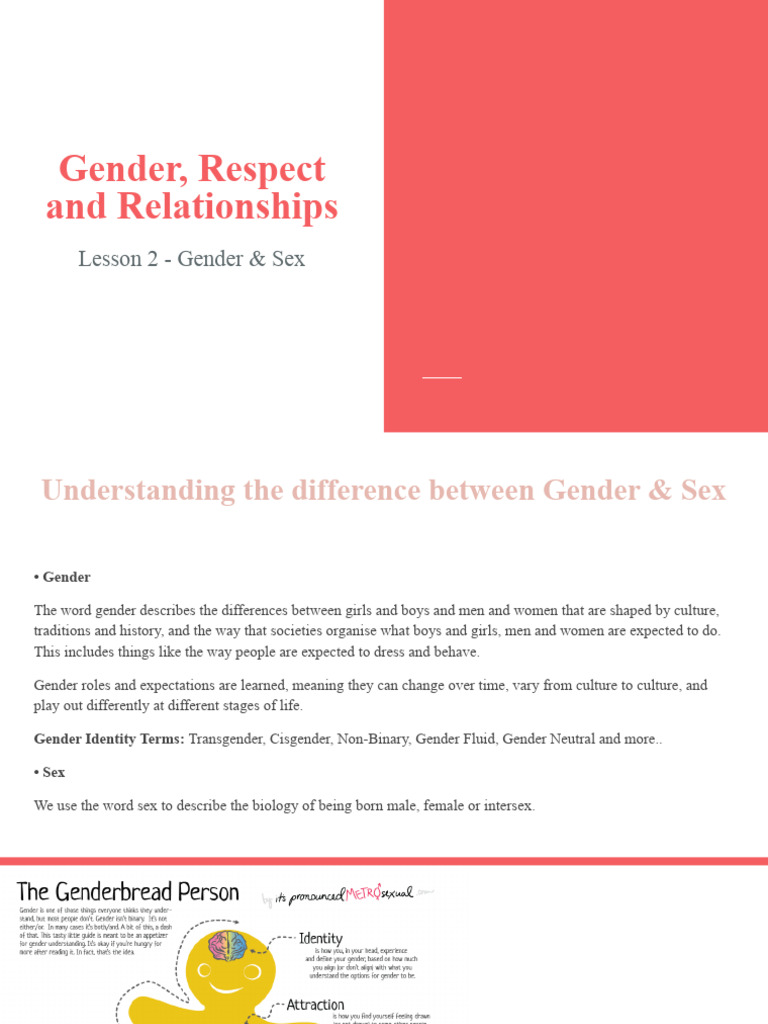In a world increasingly characterized by gender-based disparities and inequities, the call for gender respect grows louder. Within the context of the Baha’i Faith, gender dynamics are not merely cultural artifacts, but central tenets that shape the collective future of humanity. How can Baha’is actively partake in fostering an ethos of gender respect? This imperative transcends mere advocacy; it necessitates proactive engagement alongside individuals across diverse backgrounds to create a more equitable society.
To embark on this journey, one must first comprehend the fundamental Baha’i teachings regarding the intrinsic equality of men and women. This principle asserts that the disparities that exist today are not a reflection of inherent capability but are sociologically constructed and thus amendable. How can believers translate this profound understanding into practical actions? This inquiry invites an exploration of the intersection of faith, education, and societal reforms.
At the core of Baha’i teachings is the assertion that gender equality is not only a moral imperative but also a prerequisite for global progress. Baha’u’llah, the founder of the Baha’i Faith, articulated that the advancement of civilization is inexorably linked to the emancipation of women. This proclamation stands as a clarion call that urges communities to rethink long-held assumptions. It challenges individuals to reflect on this playful question: What would our society look like if we prioritized gender respect as fervently as other pressing social issues?
Engagement in educational initiatives forms a cornerstone of promoting gender respect. Historically, educational opportunities for women and girls have been the bedrock for their empowerment. In alignment with the Baha’i teachings, global efforts aim to foster educational access as a means of diminishing gender disparities. Community-based programs that emphasize gender-sensitive curricula can challenge prevailing stereotypes and biases. It is imperative for Baha’is to take the lead in advocating for and participating in such initiatives. How can the community harness local resources to empower the next generation, thereby challenging the status quo?
The importance of mentorship and role modeling cannot be overstated. The Baha’i community includes numerous individuals who embody the values of gender respect and equality. By developing mentorship programs, successful individuals can guide those who are currently navigating societal obstacles. These programs create pathways through which young women and men can cultivate confidence and leadership skills. One might ask: Are we fostering environments that celebrate these role models, thereby making them visible to those at the formative stages of their journeys?
Furthermore, systematic approaches to address underlying biases often manifest in socio-cultural norms and practices. The Baha’i teachings advocate for rigorous self-examination and critical reflection as essential components for personal and collective transformation. Through workshops and dialogues, Baha’is can cultivate spaces where individuals are encouraged to articulate their experiences and confront their biases. This challenge urges participants to consider: When was the last time I confronted my own assumptions about gender and power dynamics?
To augment these educational and mentorship initiatives, advocacy becomes pivotal in addressing institutional inequities. Individuals are encouraged to engage with local, national, and global policies that impact gender relations. By participating in advocacy efforts that challenge discriminatory laws and practices, Baha’is can articulate their stand for justice on broader platforms. This legislative engagement prompts the reflective question: How can we, as a community, amplify the voices of those who are marginalized in discussions of gender and rights?
Another essential dimension in this quest for gender respect is the cultivation of supportive networks within the community. These networks provide safe spaces for individuals to share their challenges and triumphs. The creation of forums can foster open dialogues about the implications of gender inequalities and create strategies to combat them. Furthermore, communal gatherings centered around discussions of gender respect can fortify collective resolve. Engaging in these dialogues raises an intriguing challenge: How can we ensure that the narratives of all genders are woven into the fabric of our community conversations?
Collaborative partnerships with other organizations dedicated to gender equity can multiply impact. By joining forces with secular and faith-based groups, Baha’is can enrich their understanding of gender issues while contributing their unique perspectives. Such alliances demonstrate that the ethos of gender respect is universal and rooted in the shared aspiration for human dignity. What synergies can we create with others who share this vision, and how can these collaborations strengthen our resolve?
Importantly, the role of spiritual practices cannot be overlooked. Prayer, meditation, and reflection serve as potent tools for transformation and empowerment. Acknowledging the spiritual dimension of our existence fosters resilience while cultivating a deeper understanding of service to others. An essential facet of this journey lies in recognizing that gender respect is not a static outcome but rather a dynamic process of continual evolution. How do we integrate spiritual practices with our daily actions to remain aligned with our commitment to gender respect?
In conclusion, embedding the teachings of the Baha’i Faith into everyday actions provides a robust framework for promoting gender respect and equality. By doing so, individuals can become agents of change in their communities, fostering environments that reflect the sanctity of all human potential. The challenge remains: How committed are we to translating these sacred teachings into tangible actions that will inspire future generations? Each Baha’i has a unique role to play in this grand tapestry of gender respect, illuminating the path toward a more just world.
